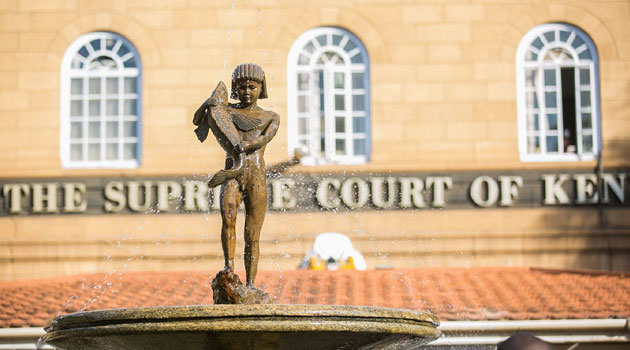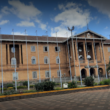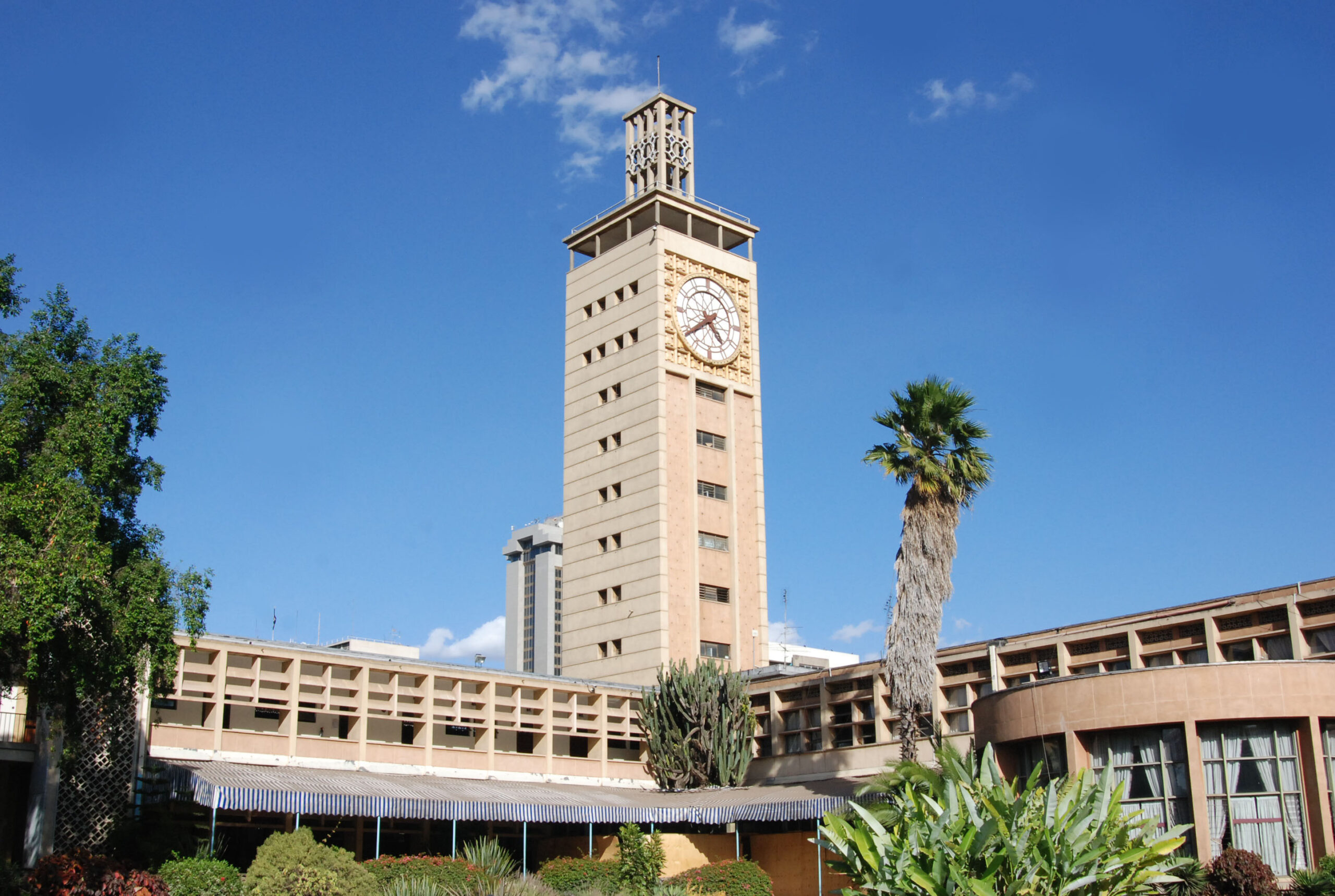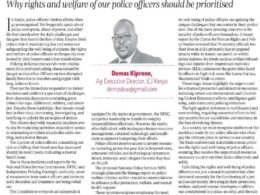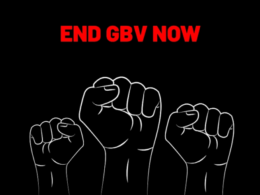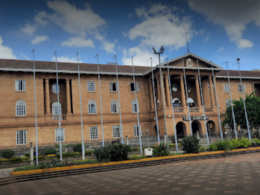NAIROBI,Kenya – As a Commission of Jurists, our attention has been drawn to the recent utterances by the Head of State, His. Excellency Dr. William Samoei Ruto concerning the Judiciary and individuals exercising their right to petition the court on matters of public interest.
The Kenyan Section of the International Commission of Jurists (ICJ Kenya) vehemently condemns the recent statements made by the President that cast aspersions on the integrity and independence of the Judiciary. These statements undermine the constitutional principles governing the separation of powers and threaten Kenya’s rule of law and judicial independence.
On 2 January 2024, The President claimed that unnamed individuals with vested interests in the health sector colluded with corrupt judicial officers to stall the new Social Health Insurance Fund program. Such sweeping allegations undermine public confidence in the Judiciary and individual Judges and Judicial Officers. Further, such statements by the Head of State tear down a co-equal institution’s legitimacy and public trust, considered vital in any democratic state. It is common knowledge that Judges and Judicial Officers rule on matters based on submissions presented before them in court, and most public interest matters are conducted in public to ensure transparency of the process.
The recent statements come in the wake of similar statements attacking the rule of law. In 2023, the President issued a stark ultimatum to what he called “corrupt individuals,” giving them three choices: leave the country, face imprisonment, or embark on a metaphorical journey to heaven commonly called “Mambo ni Matatu”. This warning was initially pronounced on Sunday, 27 August 2023, and despite drawing criticism, the President reiterated it on Wednesday, 30 August 2023.
On 16 December 2023, The President stated that the ceremonial sword given to him by his predecessor, President Uhuru Kenyatta, marked the transfer of power and authority to deal with hardliners. He stated, “You know I was given a sword. Do you think it’s for cutting vegetables? It’s for dealing with all these crooks here. I will uproot them completely, and Kenya will move forward”.
The statement was perceived as an alarming indication of a disregard for the principles of the rule of law to brute force and violence. As a body of Jurists, this shift in approach, from emphasising due process to issuing threats and ultimatums, has raised concerns about preserving the rule of law and the integrity of the Judicial system. It is imperative to balance combating corruption effectively and upholding the principles of justice and fairness, ensuring that individuals accused of wrongdoing are afforded their rights and treated within the bounds of the law.
ICJ Kenya’s Position
Protection and Promotion of Judicial Independence: ICJ Kenya asserts the importance of upholding judicial independence as a cornerstone of a democratic society. The Constitution guarantees the separation of powers and the rule of law. Any attempts to undermine the Judiciary threaten the
foundations of our democratic system and the Constitution. ICJ Kenya recalls and reminds the Judiciary, the Executive, legislature, and political leaders, including members of the public, of the constitutional principle of separation of powers that underpins our Constitution’s architecture. Further, the national, regional, and international mechanisms, including the Constitution of Kenya, guarantee the independence of the Judiciary and refer to its institutional and decisional autonomy.
These guarantees are contained in the Universal Declaration of Human Rights (UDHR), the International Convention on Civil and Political Rights (ICCPR), the African Charter, the Grand Bay (Mauritius) Declaration and Plan of Action, the UN Basic Principles on the Independence of the Judiciary, the Bangalore Principles of Judicial Conduct and the Commonwealth (Latimer House) Principles of the three Branches of Government. Consistent with this, most national Constitutions in the African region vest judicial power in the courts and declare that they are independent and subject only to the Constitution and the law.
Respect for the Rule of Law: The rule of law is paramount in a constitutional democracy. Public statements that suggest a disregard for legal processes, coupled with veiled threats, erode the public’s trust in the rule of law and the constitutional order.
Judicial Accountability: ICJ Kenya expresses deep concern over allegations of corruption within the Judiciary. Per the law, such allegations must be thoroughly investigated and substantiated through due process, ensuring the preservation of judicial impartiality. Further, all actors must use the appropriate channels to ventilate issues. Suppose any litigant, including the Executive, is unsatisfied with the court’s decision. In that case, they can invoke the appeals process and seek a different outcome at the appellate court. Suppose the character of Judges is called into question. In that case, a petition backed with evidence should be presented before the Judicial Service Commission, where all arms of government have representation.
Call to Action
Withdrawal and Clarification: ICJ Kenya calls on the President to withdraw the statements against the Judiciary and issue a clarifying statement affirming commitment to upholding the principles of judicial independence and the rule of law.
Preservation of Judicial Integrity: ICJ Kenya urges all stakeholders, including the Executive, to respect the independence of the Judiciary and work collaboratively to address concerns without compromising the judicial system’s integrity.
Conclusion
As a collective of jurists, we are acutely aware of the arduous journey that has brought us to our present state of governance. We are a Nation that has strived to consciously embrace the rule of law, prioritising it over other authoritarian modes of governance. As an embodiment of unity, the presidency bears a profound responsibility, and its occupants should refrain from making statements that could foment discord or undermine the rule of law in Kenya.
ICJ Kenya remains committed to promoting and defending the rule of law, human rights, and the independence of the Judiciary in Kenya. We call on all stakeholders to prioritise the principles enshrined in the Constitution for the betterment of the nation.






